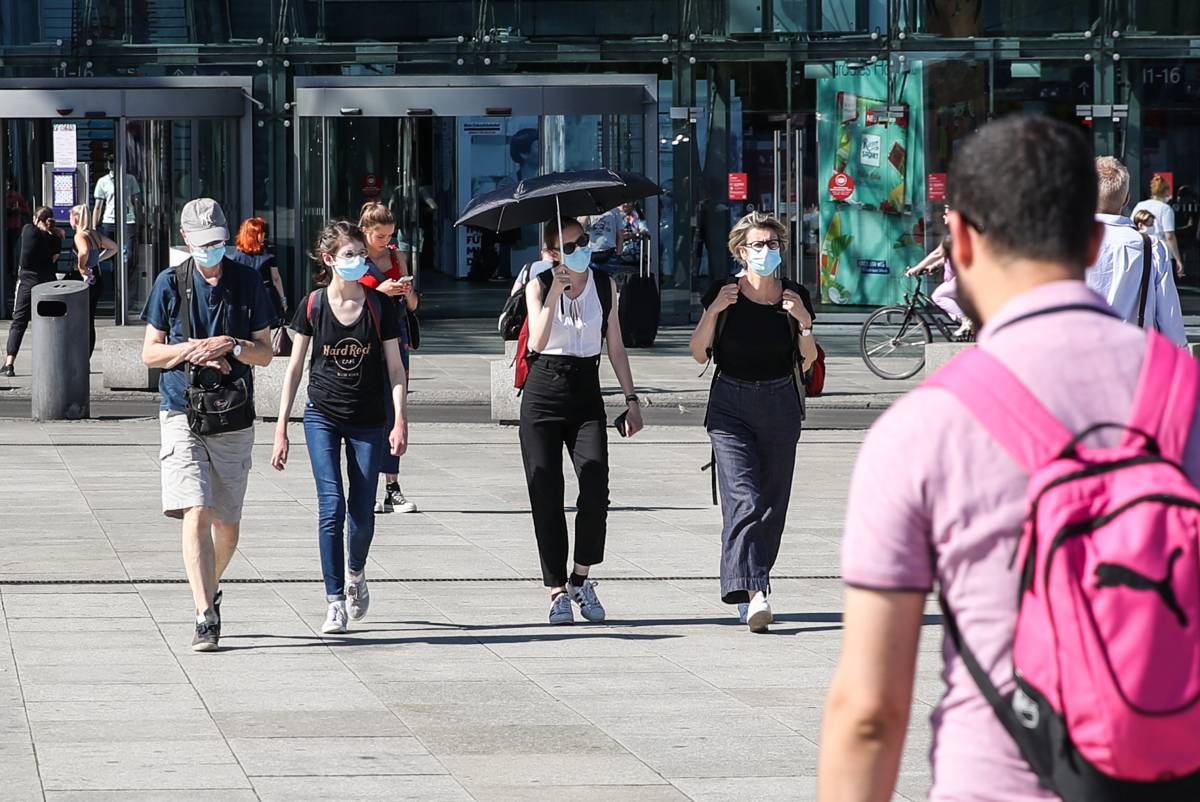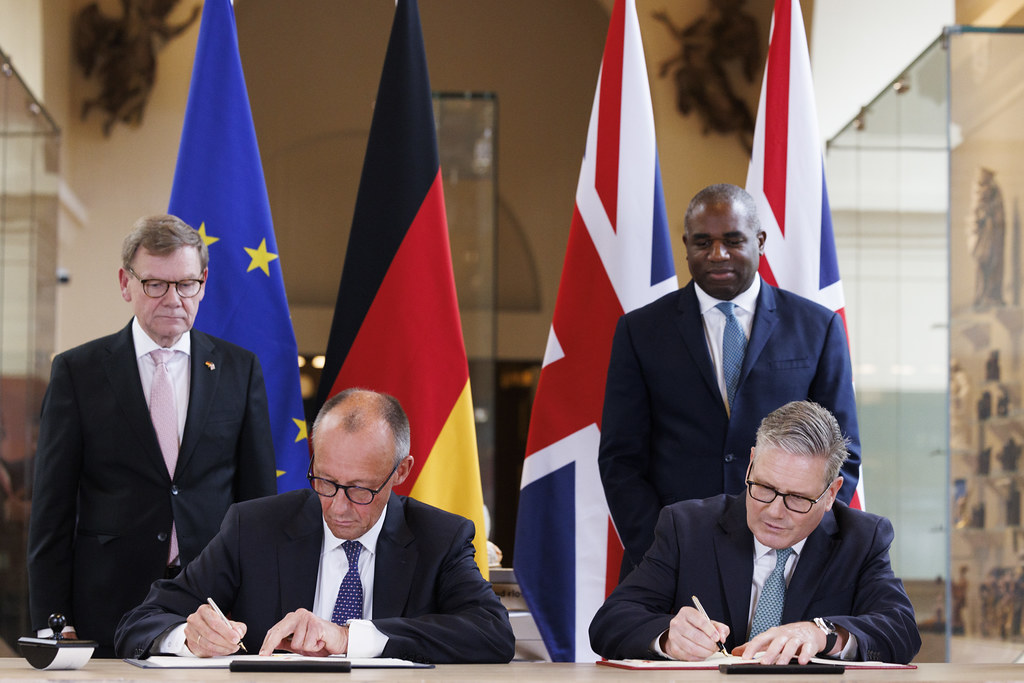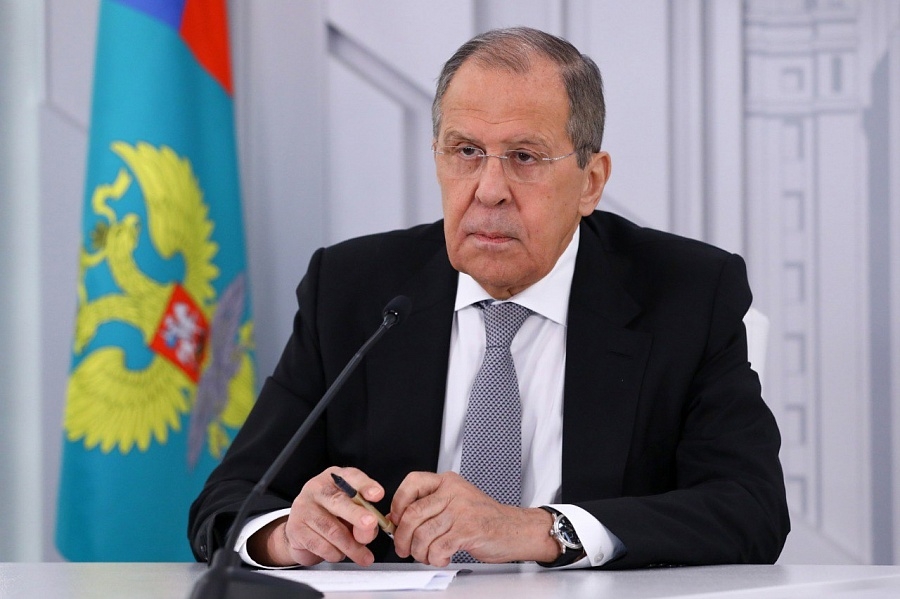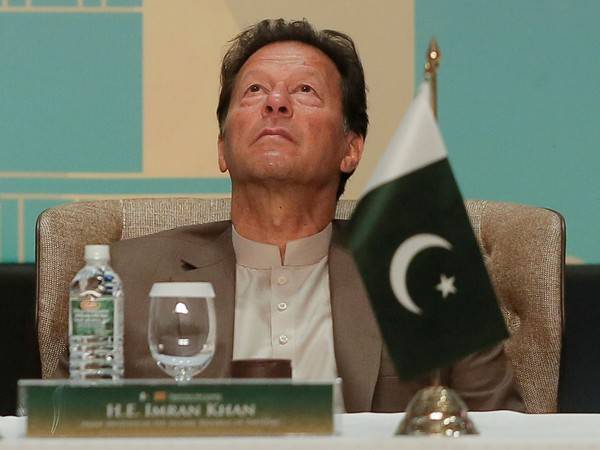The temporary reduction of value added tax (VAT) and the sharp decline in mineral oil product prices last year had an “upward effect on the overall inflation rate”….reports Asian Lite News
Inflation in Germany continued to rise and climbed from 4.5 per cent in October to 5.2 per cent in November, the highest rate registered in the country since June 1992, the Federal Statistical Office (Destatis) said.
“The inflation rate increased for the sixth time in a row and in November reached the highest level recorded in 2021 so far,” said Georg Thiel, president of Destatis.
Price development in recent months was driven by “base effects due to low prices in 2020”, Destatis noted.
The temporary reduction of value added tax (VAT) and the sharp decline in mineral oil product prices last year had an “upward effect on the overall inflation rate”.
Energy prices in Germany in November were up 22.1 per cent year-on-year.
“The rate of price increase regarding energy was up for the fifth month in a row,” Destatis noted.
Prices for heating oil rose steepest and doubled compared to last year, while fuel prices soared by 43.2 per cent.
The introduction of a CO2 pricing in the transport and housing sectors at the beginning of the year, with a charge of 25 euros ($28) per tonne of carbon dioxide emitted, further fuelled inflation in Germany, according to Destatis.
Prices of goods in Germany increased above-average with 7.9 per cent in November, according to Destatis. Net rents, which were “important as they account for a large part of household consumption expenditure”, rose by only 1.4 per cent and had a downward effect on overall inflation.
When presenting its annual report, the German Council of Economic Experts (GCEE), an official advisory body to the German government, noted that the “sharp rise in global demand has led to high commodity and energy prices and supply shortages”.
GCEE expects an inflation rate in Germany of 3.1 per cent for the entire year 2021 and 2.6 per cent for 2022.
“Longer-lasting supply shortages, higher wage settlements and rising energy prices pose a risk that the temporary factors that are driving up prices may lead to persistently higher inflation rates.”













